
80% of maritime accidents are caused by human error.
At sea or on waterways, alcohol and drugs are even more dangerous than on land because of the changing environment. The motion, vibration, engine noise, and weather, can emphasise the effects of taking drugs or alcohol. This leads to a strong decrease in awareness and hazard perception.
The implications for a member of staff who consumes alcohol or drugs are greater than for those who do not. It is not just their safety they are putting at risk, but everybody on board.
A mariner with a blood alcohol concentration above 0.10% is estimated to be 10 times more likely to die in an accident than someone with a blood alcohol concentration of zero.
One of the most high-profile incidents was in 2012. The captain of Costa Concordia faced manslaughter charges after steering the 114,000-tonne vessel into rocks off the Italian coast; whilst under the influence of alcohol.
In the past 18 months, there have been high-profile cases such as the incident on the cargo vessel Lysblink Seaways.
Many maritime companies are putting in place policies that try to eliminate the number of drugs or alcohol being taken by their crew. Despite this, accidents at sea still happen. Only regular, randomised testing and staff training can uphold the policies in place.
Racoo Screening works with maritime companies of all sizes to help implement effective workplace drug and alcohol testing policies that follow international regulations. We also offer a complete drug and alcohol testing service, staff training and e-learning packages. To find out more, contact us here.
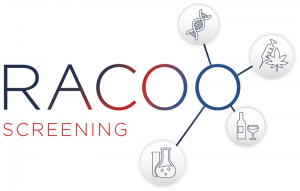
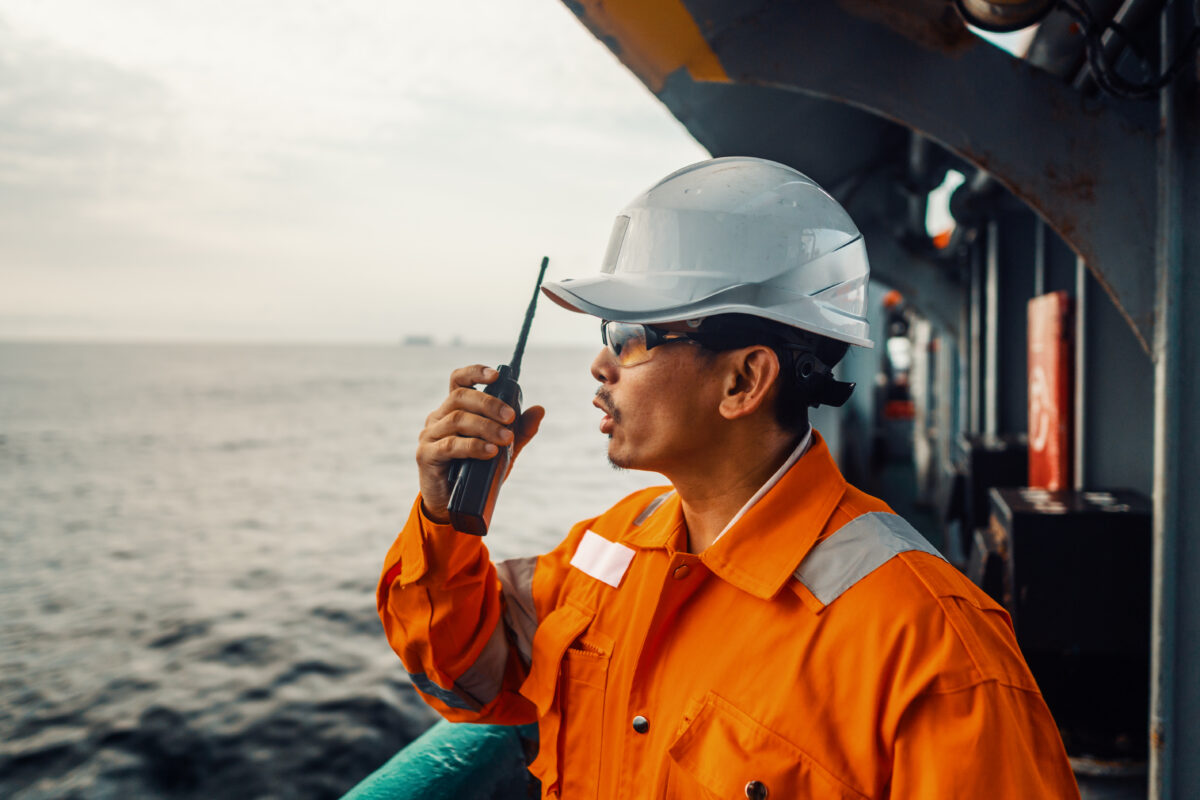
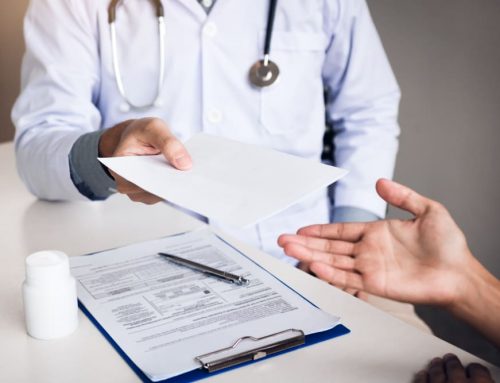
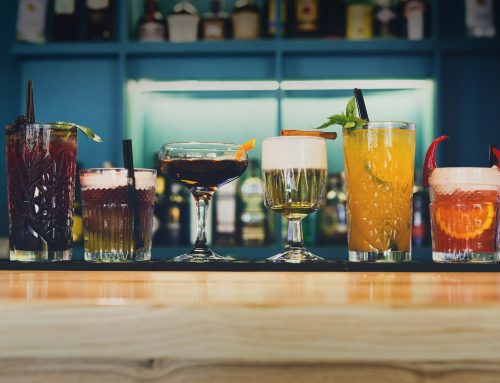
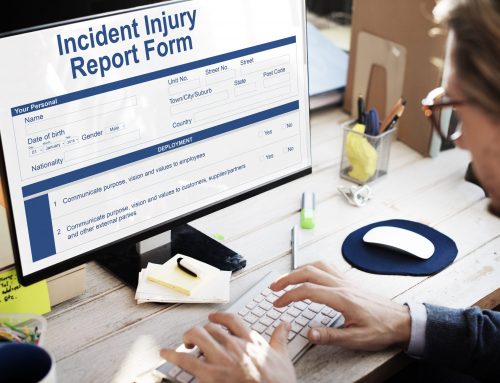
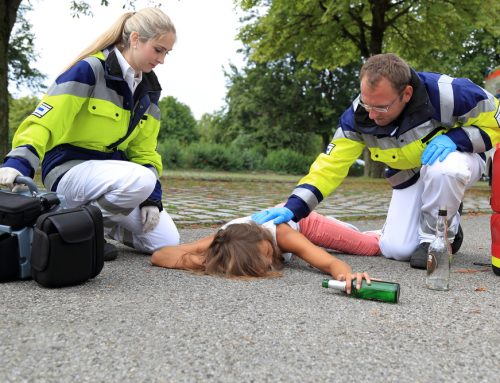
Leave A Comment
You must be logged in to post a comment.